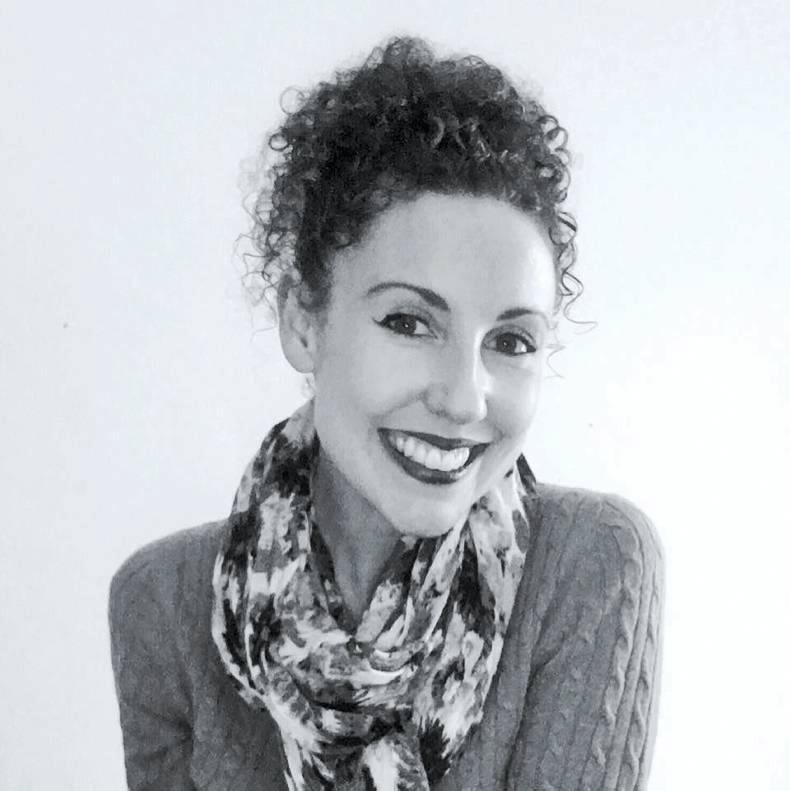The text was short, and to the point: “Calves got BVD.”
I like to think I’ve learned a not inconsiderable amount in the 18 months that he and I have been together. I’ve added the likes of “beastins” and “scour,” to my vocabulary. I know to call them “cattle,” as opposed to “cows.” I can even correctly identify the odd breed in a field too. Not too shabby for a townie from County Derry.
But BVD was a new one on me. I suspected that the news wasn’t good, and a quick Google search confirmed my suspicions.
I knew he’d call, and when he did I wanted to be able to talk to him about it – to ask the right questions and maybe offer some reassurance. Which is how, on a Wednesday evening in Rathgar, I found myself settling into an hour’s research on the topic of bovine viral diarrhoea.
Five calves in total had tested positive, he told me later, and while there were followup tests scheduled for three weeks’ time, he was fairly sure that all five would be PI status, which would ultimately lead to them having to be destroyed.
I tried to find a silver lining and offered up the €140 payment he would receive for each of the calves disposed of within five weeks of the first positive test.
However, and not surprisingly, it offered little consolation to a farmer who’d been banking on selling each of those calves for four times that amount further down the line.
A BVD diagnosis is a bitter pill for any farmer to swallow. That it should happen to a young farmer who, with less than six months of full-time farming behind him, was still finding his feet, only made it worse.
I told him that he was being tested. I told him that it was rotten luck and no reflection on his abilities as a farmer. I told him that I was sorry he’d been dealt that blow. And I told him that, of course, I’d make the short trip out from Dublin to Kildare that following evening after work to see him.
We stood in the kitchen that Thursday, as we do most weeks, chatting while putting together some dinner. As I chopped the chicken and sliced the peppers, he explained to me what was involved in retesting the calves. I couldn’t help but think he was in surprisingly good form, all things considered.
He asked then, how my day had been. I almost felt bad, telling him it was grand. The fact that my lunch had been a disappointment due to the sandwich place having forgotten to put the avocado in my wrap didn’t seem worth mentioning.
Later that night, he thanked me for listening. I realised then that when he shared these things with me, he wasn’t looking for me to fix it. He didn’t expect me to have the words that would make it all better. He just wanted to talk it out with someone who would listen. That much, I could do.
Before meeting him, I was mostly oblivious to farming life. In the time I’ve known him, I’ve come to appreciate not only the rewards farming offers, but the sacrifices it requires of those who live it. Long working hours, often spent in relative isolation, are par for the course. So, too, are financial pressures, and the associated stress.
It’s a lot for anyone to contend with, and something that’s been on my mind more than ever in the last month as Movember shone the spotlight on men’s health.
For my part, I often find myself wishing I could do more to help. It’s not easy, watching someone you care about deal with the oftentimes difficult and unfair realities of what is a way of life rather than simply a job. And yet, as I think back on that conversation we had in the kitchen and the gratitude he expressed, it strikes me that perhaps the simple act of listening, of allowing a problem to be shared, shouldn’t be underestimated.
It won’t solve financial struggles, or stop animals from getting sick. It won’t prevent family quarrels, stave off a harsh winter, or protect him or any farmer from the challenges that will inevitably come their way. But it will go some way to alleviating the pressure and reducing the stress that can otherwise become too much for one person to handle.
And in an industry that’s particularly vulnerable to mental health issues, I realise now that every conversation counts. It’s good to talk.




SHARING OPTIONS